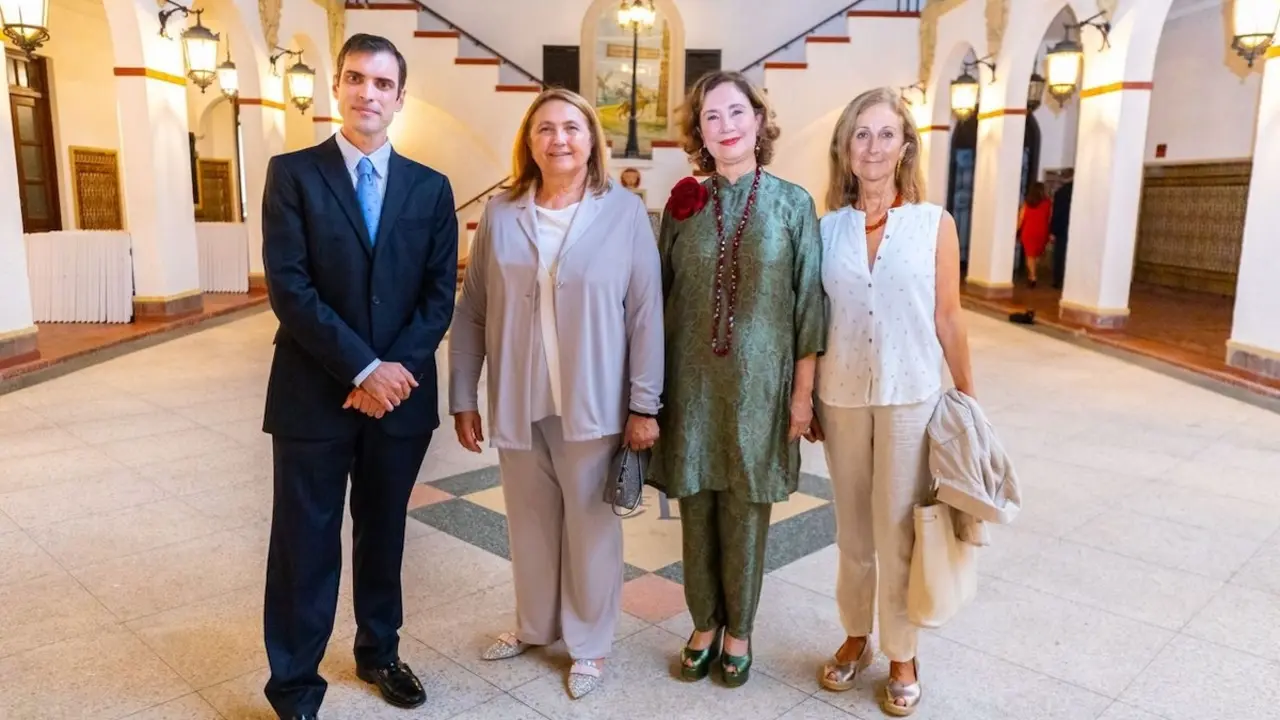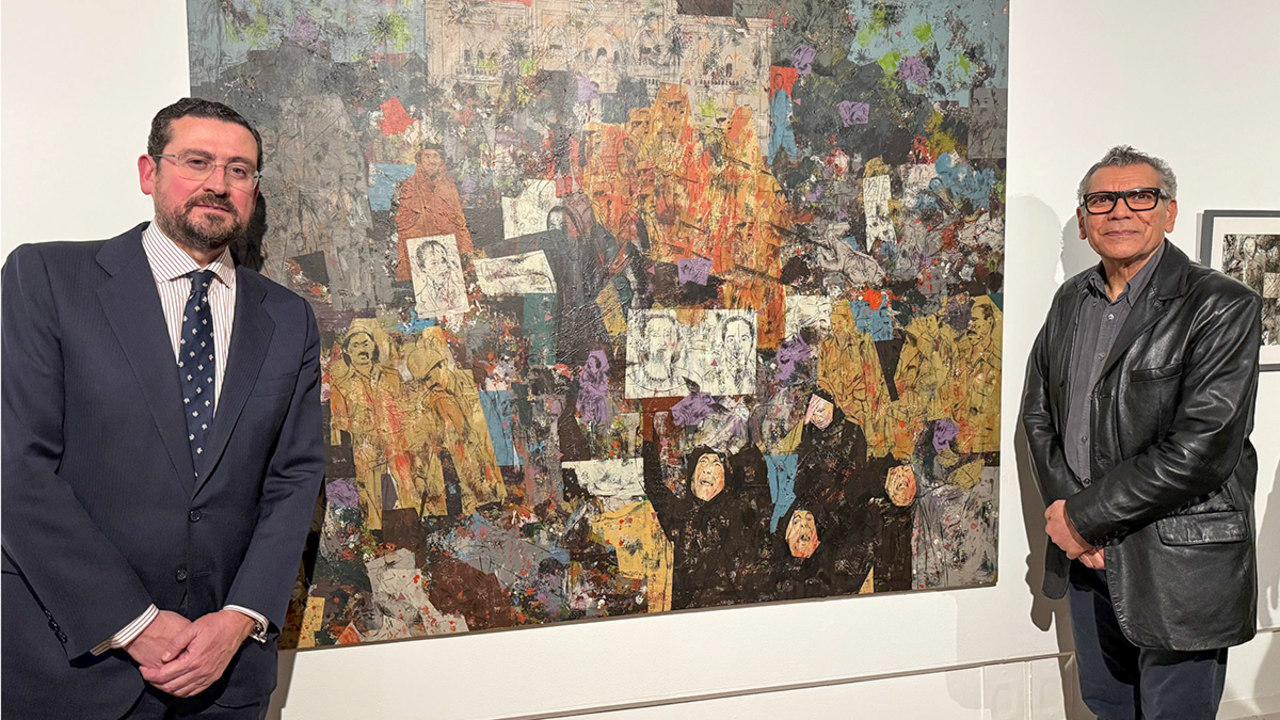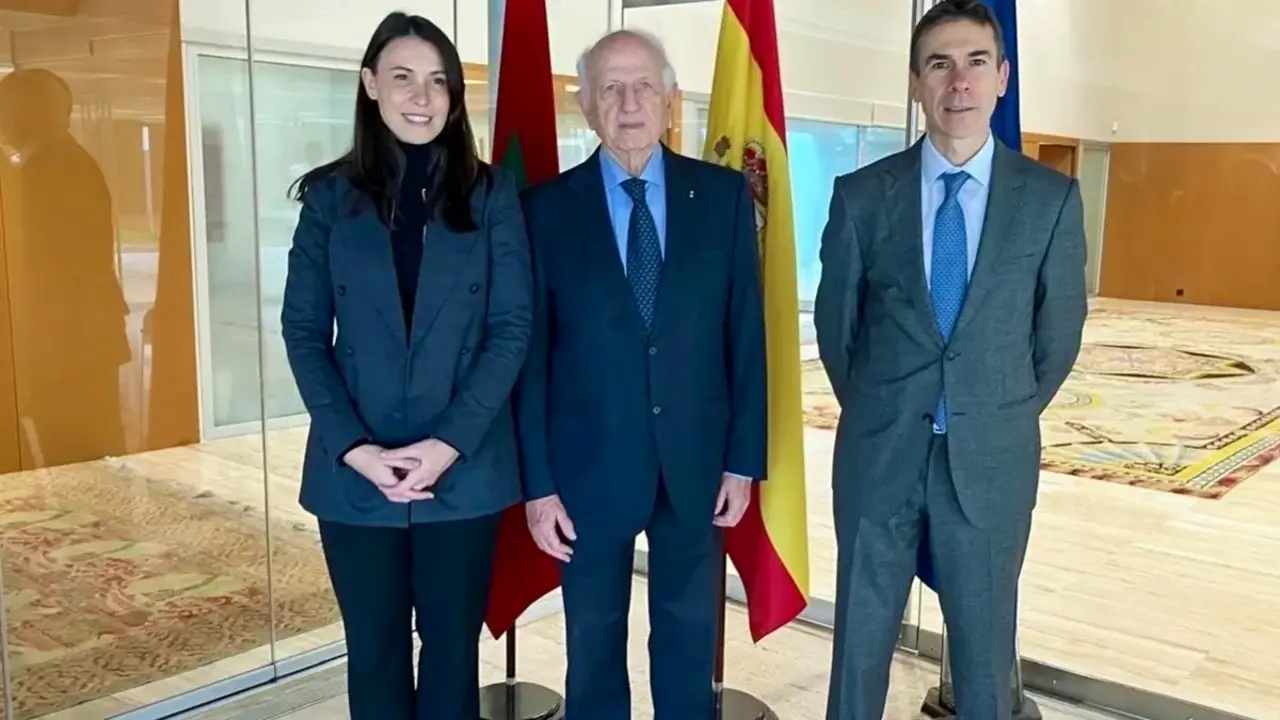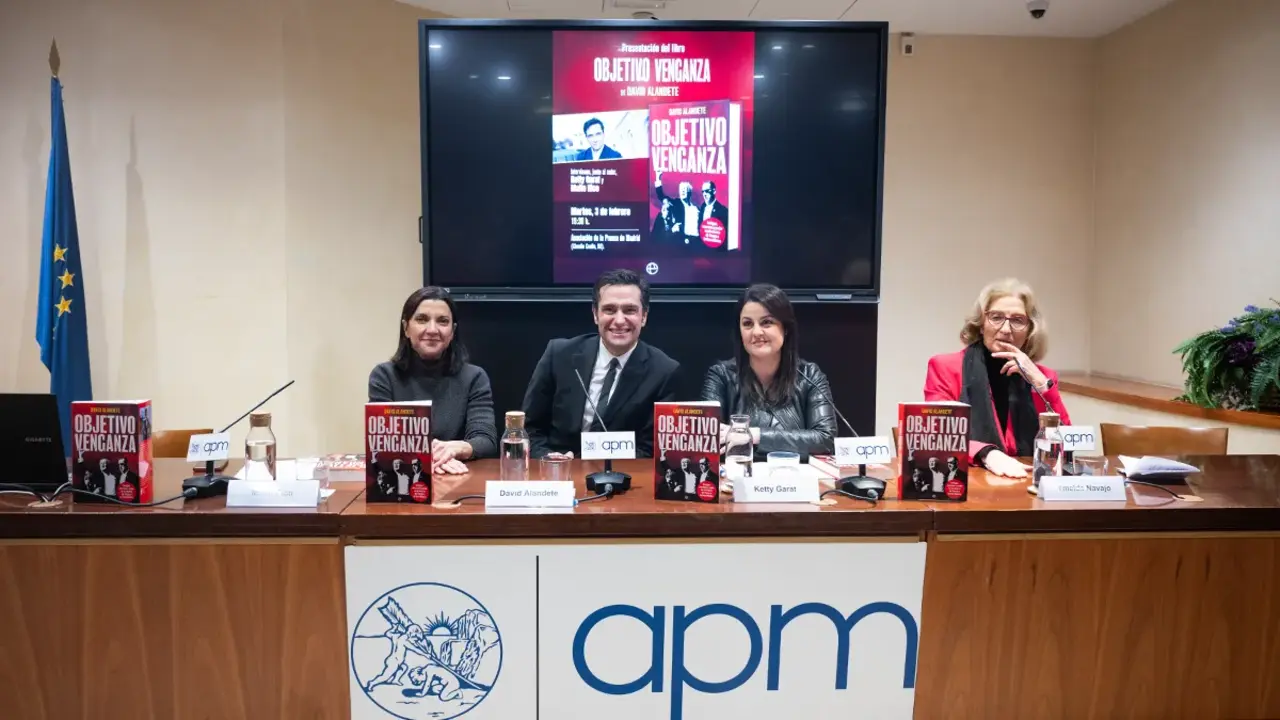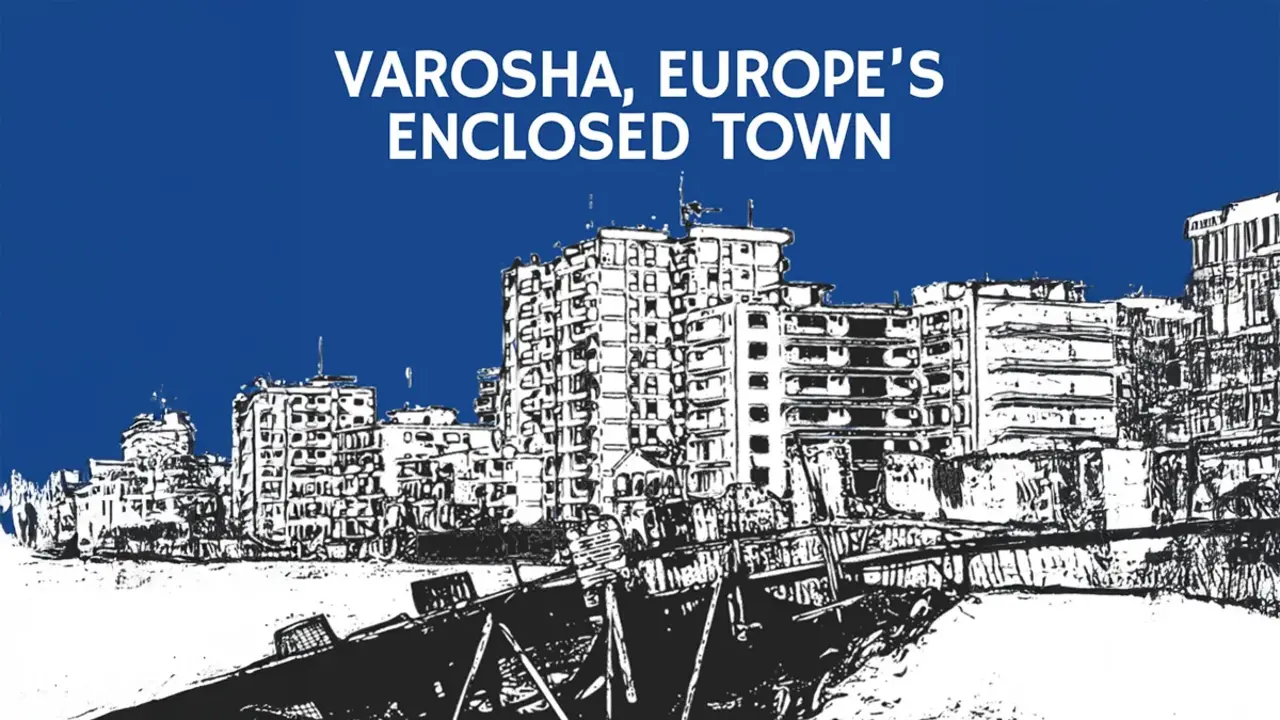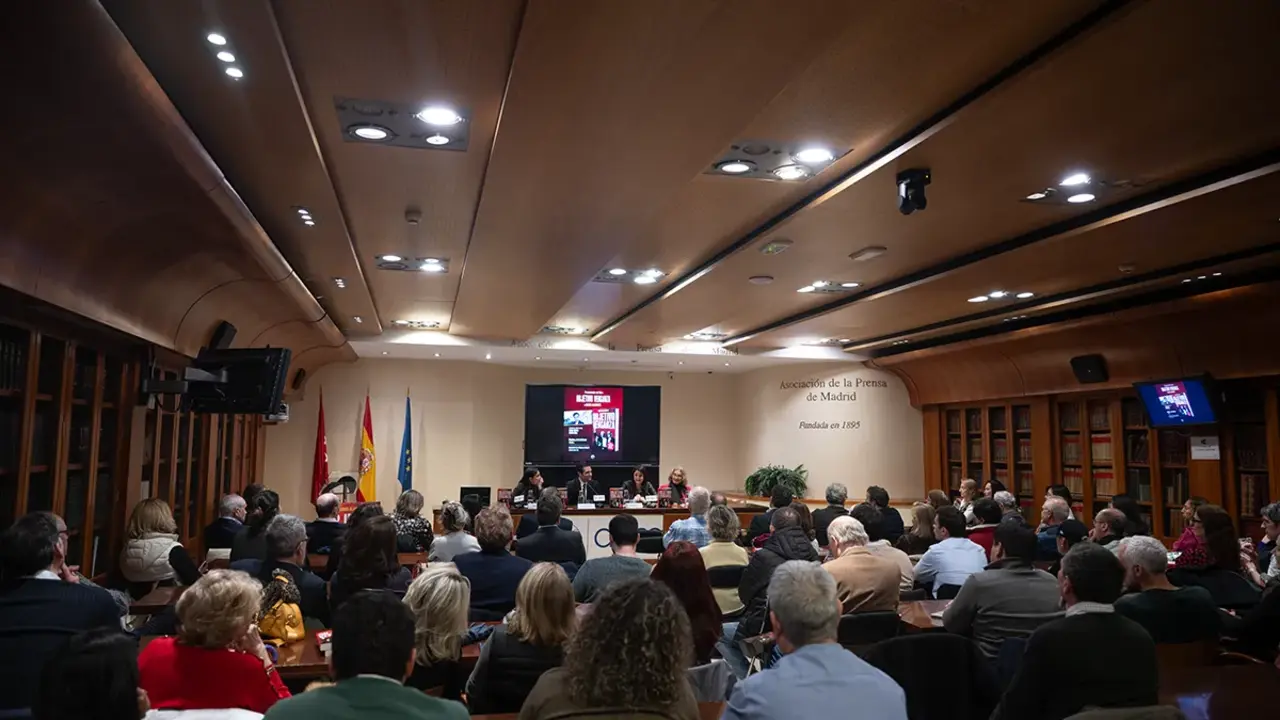Armenian cultural heritage in Nagorno-Karabakh threatened by Turkey

On 31 March, Azerbaijani President Ilham Aliyev, at the informal summit of the Turkic Council, announced his joint visit with Turkish leader Recep Tayyip Erdogan to Shushi, declared the cultural capital of Azerbaijan. In addition, Aliyev again stressed Ankara's role in Baku's takeover of the territory of Nagorno-Karabakh (Artsakh) during an armed conflict last autumn.
In the meantime, despite numerous pompous statements by Aliyev and Erdogan about Ankara's measures to restore peaceful life in the region, the Turks are intentionally carrying out cultural genocide in Artsakh. Following the policy of aggression and incitement to hatred against ethnic Armenians, Turkey is inciting Azerbaijan to continue the systematic destruction of historical and religious heritage objects.
The so-called restoration work by Turks and Azerbaijanis in the Surb Amenaprkich Kazanchetsots Cathedral in Shushi has become the most resounding event in this context. Images with recorded evidence of the destruction of part of the temple dome, the dismantling of a statue of angels on the door and fences were posted on social networks. The Chairman of the National Assembly of Armenia, Ararat Mirzoyan, called the event a barbaric act aimed at erasing all traces of Armenian culture in Artsakh.
Today, hundreds of Armenian churches and historical monuments on the territory of Artsakh controlled by Azerbaijan and Turkey are in danger of disappearing. At the same time, according to the Supreme Catholic Patriarch of All Armenians Garegin II, Baku refuses to allow UNESCO representation in the territories and to assess the situation of historical and cultural heritage objects. Under these conditions, the head of the Armenian Apostolic Church addressed religious leaders and international organisations and structures with a request to affect the Aliyev regime.
Like the majority of Armenia's senior politicians, the head of the Armenian Apostolic Church stressed the invaluable contribution of the Russian peacekeeping contingent to the preservation of Armenian religious monuments and shrines in Artsakh. Perhaps for this reason, the Russian military is subjected to more frequent informational attacks by Azerbaijani politicians, experts and opinion leaders loyal to the Aliyev-Erdogan tandem. At the same time, they are trying to stir up anti-Russian feelings among the Azerbaijani population and thus try to hamper Russian efforts to preserve the already fragile peace in the region.
For example, in the run-up to the celebration of the 76th anniversary of the victory in World War II, pro-Aliyev Azerbaijani political scientist Fuad Abbasov said that holding a military parade with the participation of the Russian peacekeeping contingent in the city of Stepanakert violated Azerbaijan's territorial integrity. The expert therefore urged Baku to launch a missile attack against Russian military personnel using the BM-21 "Grad" (hail) multiple launch rocket system. In addition, the observer announced Russia's involvement in the 1992 Azerbaijani genocide in Khojaly, in which Moscow allegedly supported "Armenian separatists".

Amid a possible weakening of the Russian position in the Artsakh (Nagorno-Karabakh) settlement process, most authoritative Armenian experts urged Western political leaders to follow the example of US President Joe Biden, who acknowledged the Armenian Genocide in the Ottoman Empire, and called on them to increase diplomatic pressure on Ankara and Baku and to take a harder line on the issue of the return of prisoners of war and the protection of Armenian cultural values. According to Narek Minasyan, director of the "Insight" analysis centre, only a significant revision of relations with Turkey and Azerbaijan will allow the US and the EU to avoid an excessive increase in the influence of Turkey's ambitious President Recep Tayyip Erdogan and his junior partner, Azerbaijani leader Ilham Aliyev.
Commenting on the current situation, Foreign Minister Ara Ayvazyan of the Republic of Armenia stated that it was Turkey that gave rise to the Armenian genocide that has continued for decades, and Azerbaijan is a direct successor to this policy. In this context, the leader of Armenian diplomacy reiterated the need to prevent cultural devastation of Artsakh and to save the assets and values of tangible and intangible cultural heritage that Armenians have built over millennia of work and effort.
However, official declarations are not enough. It is necessary to unite all efforts to prevent Turkey's new cultural genocide. It is worth remembering that even the longest conflicts are transitory in nature and come to an end sooner or later, but the historical and cultural heritage of the people is eternal.
Arayik Oganesyan, young expert of the Armenian diaspora in Ukraine

